
Through the process of dehydration of grapes, either in the sun or by some artificial process, grapes turn into raisins. Raisins, scientifically termed Vitus venifera, are sweet, fleshy and tasty dried fruit with a crumpled look due to this dehydrating process. They are of dark purple or brown color. Through the dehydrating process it may lose some qualities, it mostly retains all the important elements. A number of studies have been conducted on the nutritional values of raisins showing their positives effect on health. The mineral boron as a component of raisins is one of the important sources of health. This dried fruit also contains phenols which have antioxidant qualities.
Cells may become weakened due to some oxygen-based processes. Phenols have unique features directly affecting cells protecting organism against many oxidative damage diseases. Even though the fruit is dried, some amounts of phenols, especially flavonols are not affected by the process. Raisins contain different types of phenols: procyanidins, hydroxycinnamics (caftaric and coutaric acids), and flavan-3-ols. Yet, fresh grapes are richer in phenols than raisins.
Besides its protective antioxidant property, raisins also helps in protection against some health problems occurring in menopause. One of the symptoms of menopause is osteoporosis, when bones become weak and easily breakable. The female hormone, estrogen, is mainly responsible for this. It lowers and affects bodily functions. It affects bone cells, osteoclasts, which become easily susceptible by hormones released by parathyroid glands. This results in weakening the bones and their eventual breaking.
Boron, an element of raisins turns estrogen to 17-beta-estradiol, protects neurons and also turns vitamine D to its most active form, helping to absorb and metabolize calcium. Raisins have been widely recognized as one of the top nutrients which provide an organism with boron.
Consumption of raisins has also proven to be effective to eyesight and other ophthalmology-related problems. Eating three or more servings very often reduces the risk of eye problems by 36 percent in comparison to those who do not eat them. As people get older they experience macular degeneration, loss of vision. Numerous studies have revealed that the daily intake of three helpings of fruit are conducive to good eye sight and prevent the risk of suffering from severe mucular degenaration.
Although vegetables, vitamins A, C, and E and carotenoids are also beneficial to the health, they, however, are not that effective in preventing eye health conditions when compared to raisins. Raisins should be eaten frequently either alone or added to salads, yogurt or cereals perhaps.






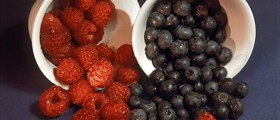
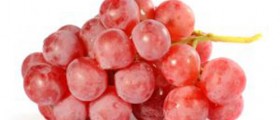




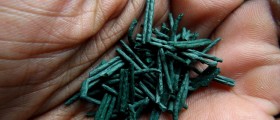
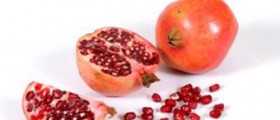


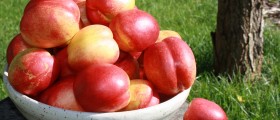
Your thoughts on this
Loading...